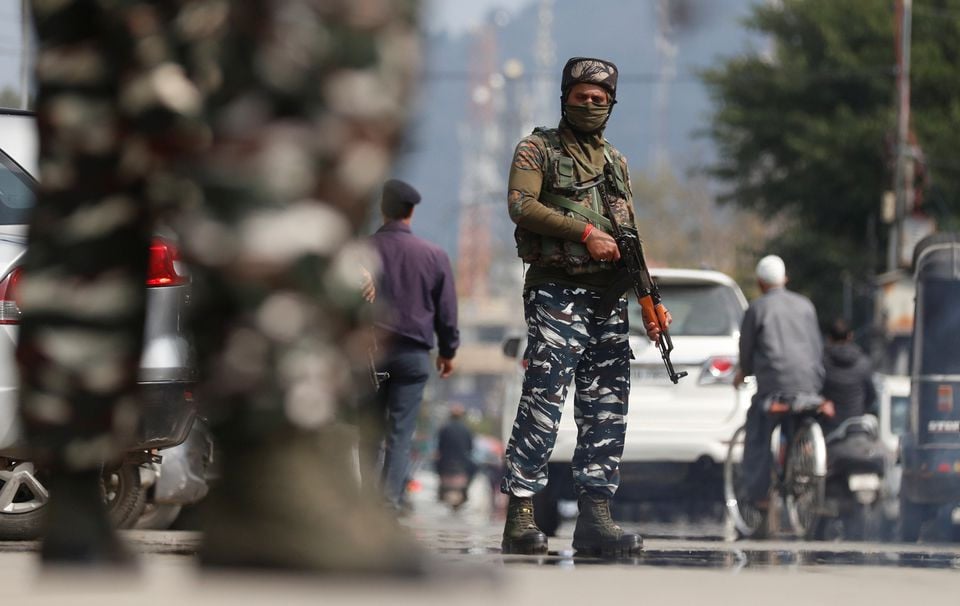Pakistan has once again rejected India’s claim that Jammu and Kashmir is an “integral part” of the country, asserting that the region remains disputed and its status is recognized as such by the United Nations and the international community.
Gul Qaiser Sarwani, Counselor at Pakistan’s Mission to the UN, reaffirmed Pakistan’s position during his right of reply at the conclusion of a high-level UN Security Council debate on peacekeeping operations. He pointed out that “every official UN map depicts Jammu and Kashmir as disputed territory.”
Sarwani’s comments were made in response to Indian Ambassador Parvathaneni Harish’s statement that “Kashmir has been, is, and will always be an integral and inalienable part of India.” The Indian envoy’s remarks came after Syed Tariq Fatemi, Special Assistant to the Prime Minister of Pakistan, urged the UN Security Council to implement its resolutions calling for a UN-supervised plebiscite to determine the future of Jammu and Kashmir.
Sarwani firmly rejected India’s claim, stating, “No amount of obfuscation can change the legal, political, and historical reality — Jammu and Kashmir is not, and has never been, a so-called ‘integral’ part of India.” He further criticized India’s military presence in the region, highlighting the deployment of over 900,000 troops and paramilitary forces, which he referred to as “the densest occupation in history.”
He also emphasized the heavy toll the conflict has taken on the Kashmiri people, citing that more than 100,000 Kashmiris have been killed since 1989 and accusing India of gross human rights violations, as documented by the UN.
In response to India’s allegations of cross-border terrorism, Sarwani stated, “It is most ironic that India, which is committing the worst form of state terrorism in Occupied Jammu and Kashmir, is portraying itself as the victim.” He pointed out that occupiers and colonizers often label legitimate struggles for self-determination as terrorism.
Sarwani also accused India of fomenting instability abroad, alleging that it funds and supports anti-Pakistan groups such as the Tehreek-i-Taliban Pakistan (TTP), Baloch Liberation Army (BLA), and Majeed Brigade, while also orchestrating subversion and targeted killings in foreign countries.
Pakistan has consistently advocated for a peaceful and fair resolution to the Jammu and Kashmir dispute, emphasizing that this can only be achieved through the implementation of UN resolutions and the holding of a plebiscite under UN supervision.
On the occasion of Pakistan Day, the detained Chairman of the All Parties Hurriyat Conference (APHC), Masarrat Aalam Butt, along with other Hurriyat leaders, extended congratulations to the people and government of Pakistan. From Tihar Jail in New Delhi, Butt expressed solidarity with the people of Pakistan, describing the country as a beacon of hope for oppressed Kashmiris and the Muslim Ummah. He also noted that Pakistan, founded on a noble ideology, serves as a great blessing for Muslims worldwide.

